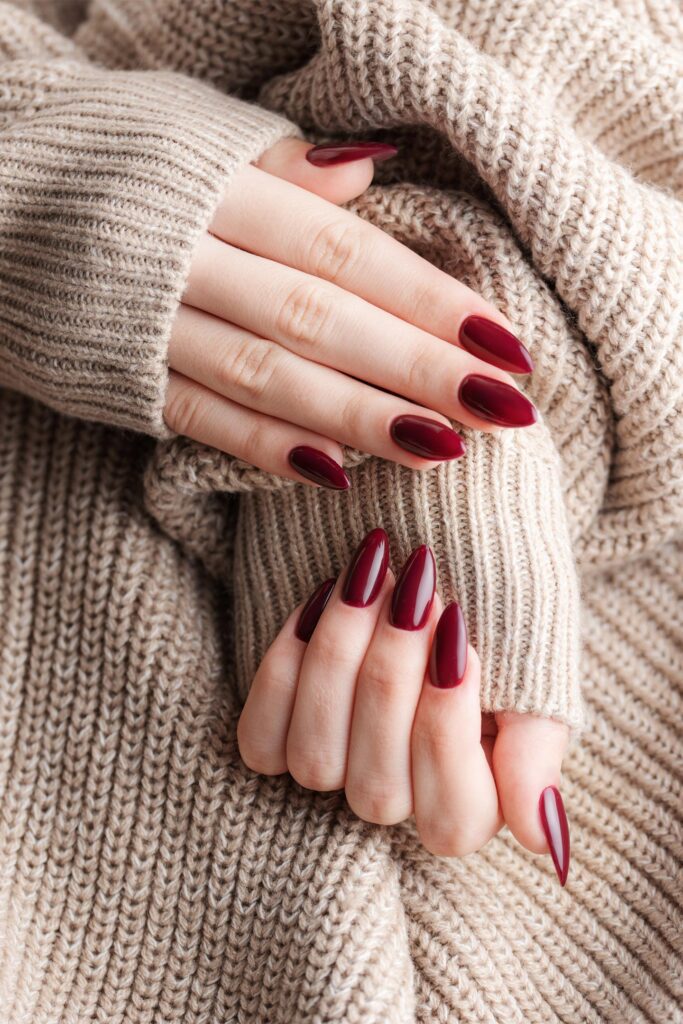Keeping Your Nails Healthy in Winter
Winter weather can take a toll on your nails, from the cold temperatures outside to the warmer, dry air inside. The combination of these two extremes can cause nails to lose moisture and become brittle. You don’t want to spend all winter hiding your hands in gloves, so follow these winter nail care tips to keep your nails healthy and strong.
Keep nails dry and clean to prevent fungus and bacteria from growing under your fingernails. When washing dishes or using harsh cleaning chemicals, wear protective rubber gloves.
Get rid of hangnails safely by clipping them at the root. Pulling hangnails can rip live tissue, so resist the urge. Simply clip and then spray your nail with an astringent to prevent infection from bacteria and germs.
Care for cuticles with lotion or a rich cuticle cream a few times a day. This will prevent skin around the nails from cracking or splitting. Once a week, soak nails in lukewarm water (less than ten minutes), coat with cuticle oil (olive oil will also work), and lock in the moisture by wearing cotton gloves for at least an hour.
Prevent breaking or tearing by keeping nails short during the winter. Long nails can break or snag easily on warm, fuzzy gloves, scarves, or sweaters.
Limit your use of nail polish remover to no more than once a week. Acetone, the primary ingredient in nail polish remover, dries out nails. Look for an acetone-free nail polish remover that won’t be as harsh on nails.
Keep nails polished to seal in moisture. A thin coat of clear nail polish can help keep nails glossy and moisturized.

Trim and file regularly for healthier, stronger nails. Just like hair, nails need to be trimmed to promote healthy growth. Trim nails straight across with sharp manicure scissors, then file gentle curves on the tips. Try grooming after bathing or showering, as nails will be soft from the warm water.
Avoid biting fingernails or picking at cuticles as both of these actions can cause damage to the nail bed. Cuts on the cuticle or along the nail can be a breeding ground for bacteria.
Don’t abuse your fingernails by using them as tools. Prying or picking at things can cause serious damage. Use the proper tools and save your fabulous mani.
Eat a balanced diet to keep nails healthy and promote growth. Foods containing biotin, omega-3 fatty acids, protein, Vitamin A, and zinc are great for nail health.
What's Not Normal?
If you experience any of the following, consult your doctor:
- Changes in nail color (discoloration or dark streaks)
- Changes in nail shape (curled nails)
- Thinning or thickening of nails
- Bleeding around the nails
- Separation of the nail from skin
- Redness, pain, or swelling around the nails

